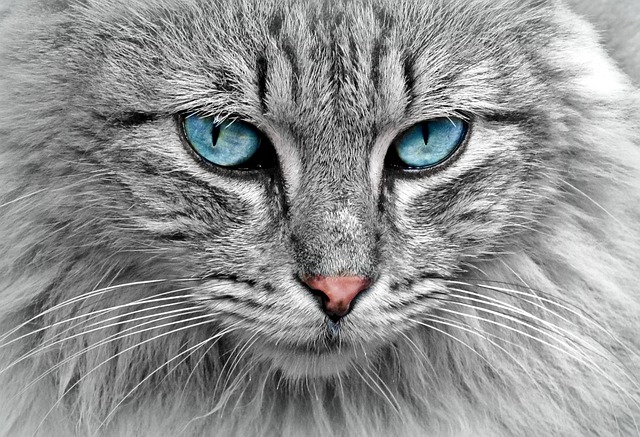Unlocking Your Cat’s Optimal Health: The Best Nutritional Foods
As a responsible cat owner, providing your feline friend with the right nutrition is essential for maintaining their overall health and wellbeing. With so many food options available on the market, it can be overwhelming to choose the best nutritional foods for your cat. In this article, we will delve into the world of feline nutrition, exploring the key nutrients your cat needs, the benefits of specific ingredients, and providing recommendations for the best nutritional foods for cats.
Key Nutrients for Cats
Cats are obligate carnivores, meaning they require a diet rich in animal-derived protein to thrive. The most essential nutrient for cats is taurine, an amino acid found primarily in meat. Taurine plays a crucial role in maintaining heart health and vision, as well as supporting the immune system. Other key nutrients for cats include vitamin A, vitamin D, and arachidonic acid, which support healthy skin, coat, and joint function.
Fatty Acids: Omega-6 and Omega-3
Fatty acids are an essential component of a cat’s diet, particularly omega-6 and omega-3 fatty acids. These polyunsaturated fats support healthy inflammation response, skin health, and cognitive function. Look for foods rich in these fatty acids, such as fish oil or flaxseed oil.
Protein Sources: Meat, Fish, and Eggs
Cats are meat-eaters, and their diet should reflect this. Choose high-quality protein sources like chicken, salmon, turkey, and eggs, which provide essential amino acids and nutrients. Avoid fillers and by-products, as they can lead to digestive issues and allergies.
Whole Foods vs. Supplements
While supplements can be helpful in filling nutritional gaps, whole foods should always be the primary source of nutrition for your cat. Whole foods like meat, fish, and eggs provide a balanced mix of nutrients, vitamins, and minerals that support overall health. Avoid relying solely on supplements, as they can lead to an imbalanced diet.
Grain-Free Diets: A Growing Trend
In recent years, grain-free diets have gained popularity among cat owners. These diets eliminate grains, which are often high in carbohydrates and low in nutrients. However, some critics argue that grain-free diets may be linked to DCM (feline dilated cardiomyopathy). Always consult with your veterinarian before switching to a grain-free diet.
Best Nutritional Foods for Cats
Based on the key nutrients and dietary recommendations outlined above, here are some of the best nutritional foods for cats:
* Blue Buffalo Adult Indoor Cat Food: A high-quality, grain-free food rich in protein from chicken, fish, and lamb.
* Purina Pro Plan Veterinary Diets Hairball Control Cat Food: A food designed to support healthy digestion and reduce hairballs.
* Orijen Regional Red Cat Food: A premium, grain-free food made with fresh, regional ingredients like chicken and duck.
* Wellness Core Grain-Free Turkey & Chicken Cat Food: A nutrient-rich, grain-free food that supports healthy skin and coat.
Summary and Conclusion
In conclusion, providing your cat with the right nutritional foods is essential for maintaining their overall health and wellbeing. By understanding key nutrients like taurine, omega-3 fatty acids, and protein sources, you can make informed decisions about your cat’s diet. Whole foods should always be the primary source of nutrition, but supplements can help fill gaps in a balanced diet. Always consult with your veterinarian before making any changes to your cat’s diet. By choosing the best nutritional foods for cats, you can help ensure a long and healthy life for your feline friend.

